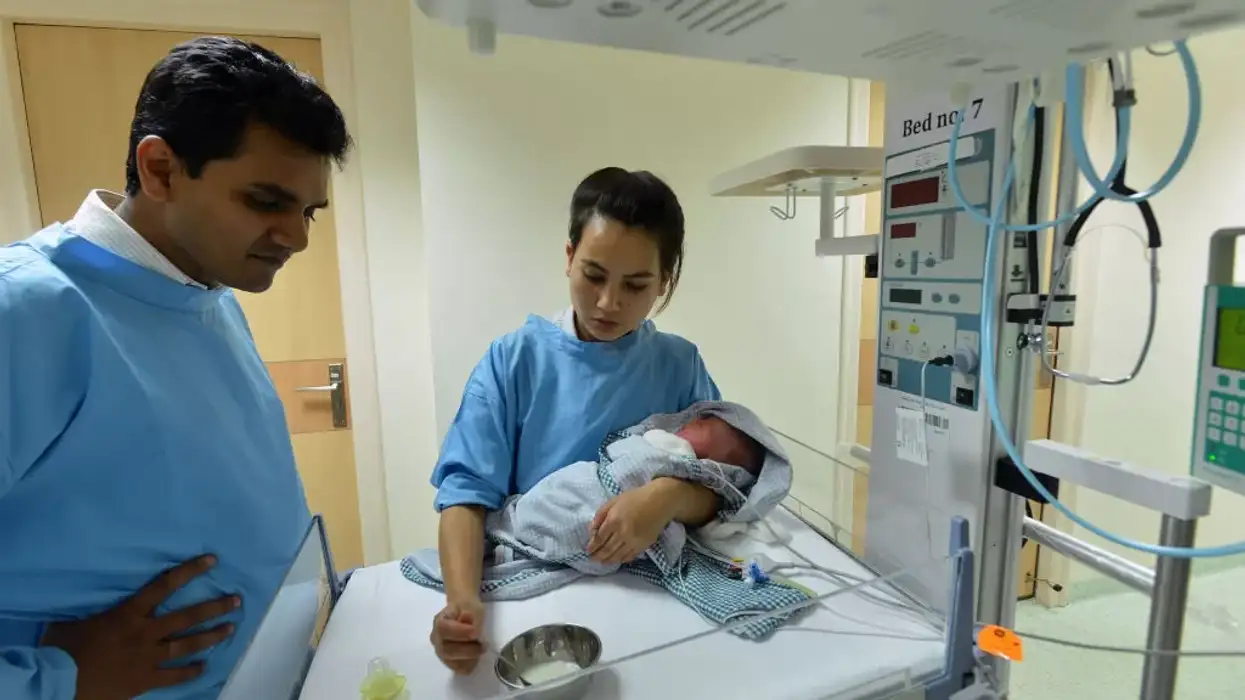Britain has signed an agreement with Nepal to hire nurses from the Himalayan country to address the staff shortages in its public health system.
Under the deal, about 100 Nepalese nurses will be flown to Britain to work at Hampshire Hospital NHS Foundation Trust.
The UK’s health department agreed to bear the travel-related expenses and registration fees of the nurses who would be automatically provided with the right to work in the NHS till the end of the next year.
The pilot scheme is expected to pave the way for thousands more qualified Nepalese health workers to serve in the UK.
The pact remains in effect for five years after which it would be automatically renewed for a similar period.
According to the agreement, the UK would “endeavour” to provide support to Nepal to increase the number of healthcare professionals in the Asian country. It says the two governments “shall develop a mutually agreeable action plan” to achieve the goal.
However, the bilateral deal has raised ethical questions about hiring health workers from Nepal where there are an average of just 0.67 doctors for a population of 1000. This compares with the World Health Organisation recommendation of 2.3 doctors per 1,000 people.
Concerns were also raised earlier when it was reported that the proportion of international doctors recruited in the UK had been going up. Campaigners called it poaching of health professionals from developing countries that faced shortages themselves.
This also led to calls for the UK government to reduce its dependence on foreigners to support its health system.
Royal College of Nursing’s chief executive Pat Cullen has urged ministers to invest more in the recruitment and retention of the domestic workforce to stop the “over-reliance on overseas staff”.
“This starts with pay,” he told The Times, noting that nursing staff “have endured a decade of real terms pay cuts.”
On its dependence on overseas recruits, the Department of Health said, “internationally trained staff have been part of the NHS since its inception in 1948 and continue to play a vital role.”
UK to hire nurses from Nepal to plug staff shortages
About 100 Nepalese nurses will work at Hampshire under a pilot scheme and this could pave the way for more such recruitments




